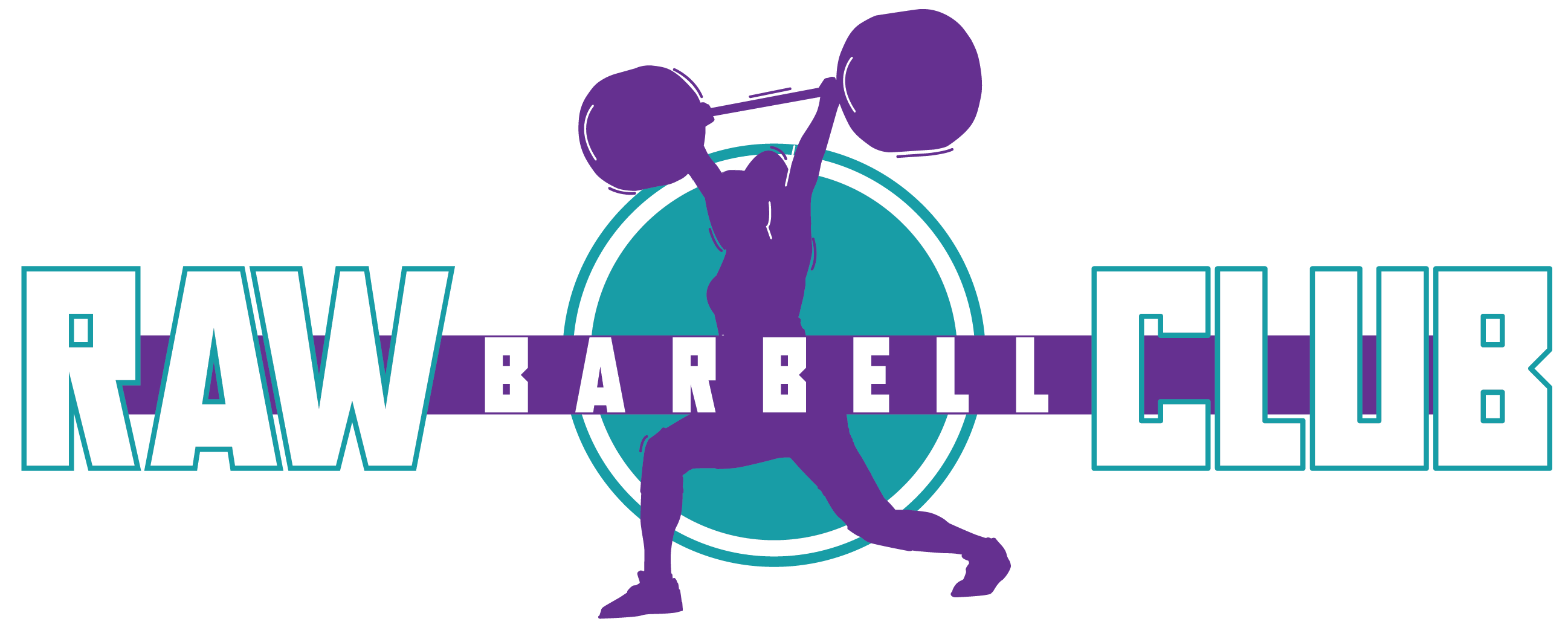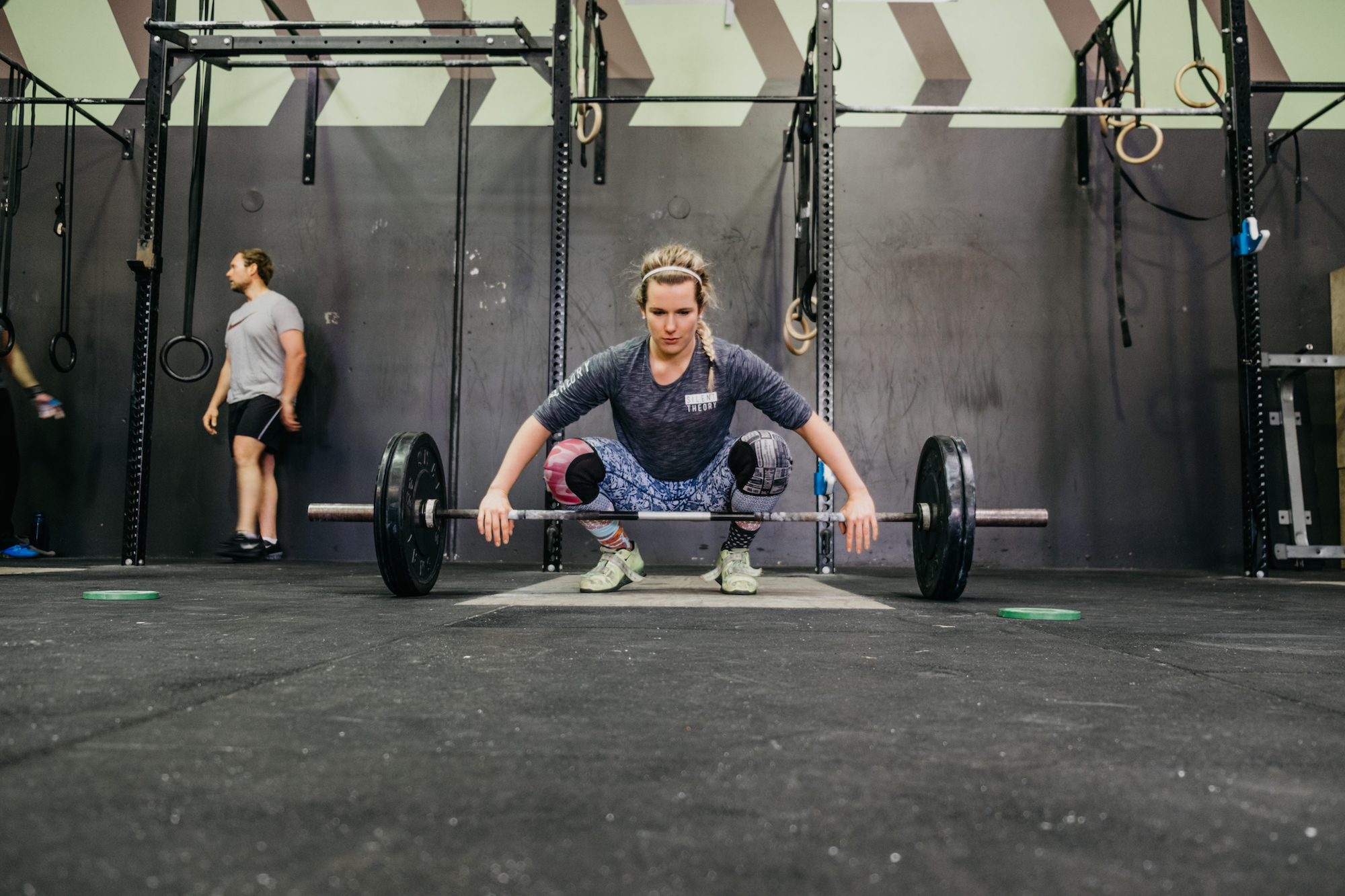Rhe Starts Lifting
MY TRANSITION INTO WEIGHTLIFTING
I’ve been wrestling with how to write this particular post for a while. I thought of several ways to introduce the subject using other facets of my life and experiences which all lead back to the central point: my transition into weightlifting. Even before putting pen to paper the seed was planted as dialogue in my head while reflecting on the impact the change had beyond my time under the barbell.
So I believe this is a good starting point. It’s where my revelations, epiphanies and enlightenment were born and more importantly it’s where my personal vulnerabilities and weaknesses rose to be challenged. This is where incessant thinking met met critical thinking, critical thinking met curiosity, and as a result the ability to grow became a more powerful force.
We all know the mind is a powerful thing, over the next few blogs we’ll take a look at what goes on in mine. I’m going to take you through a few challenges I faced in my transition from crossfit to weightlifting, and the subsequent lessons which fueled my growing passion and respect for the sport.
Challenges and Unexpected Victories of Physical Change
I don’t like to focus on this as a reason to pursue a sport, but I think it’s an important discussion to have. Initially when I joined RAW Barbell I persisted with 4-5 days of crossfit each week. Sometimes I would do crossfit before my weightlifting sessions…and I regretted it…every time! But like the definition of insanity I continued to do this over and over. Why? Fear of the unknown. I knew crossfit kept my weight down, my body tight, and kept me fit. What would happen if I stopped?
I’d grown up through my teenage years battling anorexia nervosa, and though I was a very healthy weight when I began crossfit as an 18yr old I was still mentally invested in the disease. Beginning crossfit opened me up to experiencing life again through food and being able to perform well physically, as a normal person, for the first time in many years. It’s no wonder that letting go of my safety net was a task of epic proportions.
The turning point? Taking my first proper deload (defined as no crossfit) which opened my eyes to what I could achieve without the intense fatigue I’d been operating under. Lifting felt fantastic and it started to make me happier than crossfit did, eventually I phased it out.
During this time I maintained my weight easily and ate more than I had ever done, but I still played around with dieting and too oftenly so.
I tried to cut 5kg to compete in a lower weight class through more dieting, with no break or maintenance phase. Did not work.
I went vegan as a self-interest experiment. Andy disowned me (very, very sad Rhe) and my calories were too low. Though I loved it, it didn’t work.
I started intermittent fasting, but I was still running a caloric deficit which I thought was maintenance. I ended up ridiculously hungry night time which lead me to eat and extra meals and guess what? By accident…it worked!
As a result I went up a weight class and my performance is better than ever. Gaining weight is one of the more beneficial things I’ve done. I believe we have an optimal weight range we individually perform best at, and I’d be interested to know if these necessary weight fluctuations are uncomfortable for female weightlifters and why!
Weightlifting Became the Ultimate Catharsis
I’d been relieved of the clutches of an eating disorder, but I began to struggle with mental and emotional control (think unforeseen mood swings, anxiety, euphoria, panic, highs, agitation, etc). Weightlifting has been teaching me how to better handle myself and understand the patterns I personally experience.
I fell in love with the beauty of the art of executing eloquent lifts, and the guts it took to engross yourself in the task at hand. Being able to conduct myself in a manner that allowed me to find the balance between these two opposing states of being, a critical aspect of improving performance, was liberating.
To perform a successful set my mind couldn’t wander. I was mindful and connected with the entire process:
…approaching the bar,
…..preparing my body,
…….setting my grip,
………setting my gaze,
………..thinking of nothing but visualising success,
…………and treating my lift with the same technical respect regardless of how heavy the bar is.
I’m still bonding with this process and I feel as though I will be for as long as I lift. The way I’m learning to control my mind beyond muscular conduct is a surreal, vulnerable experience.
You have to be honest with yourself.
You have to be critical.
You can’t hide from flaws if you wish to get better.
You must approach new things with an open mind.
You will learn to dismiss or objectify your fear.
I Found Myself Developing a Huge Amount of Respect and Passion for the Technical Aspects of Weightlifting
This is probably more significant in learning mental control, I’ll give an example: early on when I was still splitting myself between two sports I had a one-on-one, 2.5hr session with Andy. It was one of the most mentally fatiguing things I’d had endured without letting my ego speak. I’d been stubborn and impatient by nature, and didn’t relate to what it meant to be coached or to take on advice from someone else. If I didn’t like how something felt I wouldn’t do it, and for a long time I simply didn’t understand that I had to visualise and connect with a cue rather than just trying something different with my body.
In this session something clicked and when I’d normally get agitated or ask to move on, instead silencing my own mind and persisting was the only option I gave myself. It took every ounce of concentration and mental stamina that I could muster to not allow myself to be flooded with frustration. But I loved it. It was the same grit I had to muster in CrossFit but it was serving more of a purpose than completing ‘empty reps’ in a workout.
Frustration sets in when ego and lack of self-confidence reduce you to disrespecting your own training process. This was pivotal lesson as I began to learn to harness my mind and trust my coach.
Get Curious
Ask questions. Seems simple, but many of us fear what we don’t know or perhaps being judged on our lack of knowledge. One of the best pieces of advice I’ve been given is to learn off as many people as you can. I’d like to pass that onto you all as well. We all have different ways of expressing and transmitting our knowledge, learning from a wide range of unique people will in turn help you to connect and share what you know with a larger portion of society.
You’re learning about me little by little, and I’d love to hear about your experiences as well! How your sport has helped you grow, and what challenges has it presented?
Until next time,
Rhe xx
Follow us on Social Media
[mailmunch-form id=”415919″]

